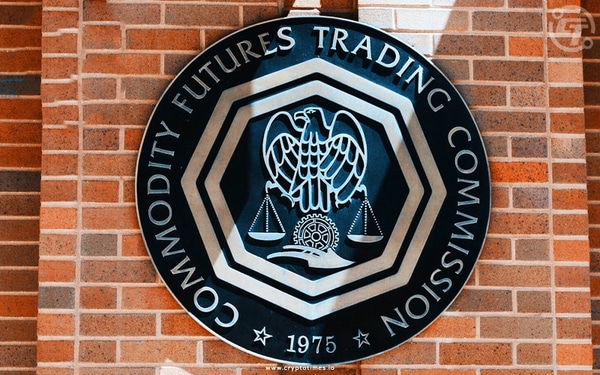In a shocking case of financial deception, a Tennessee husband and wife, Michael and Amanda Griffis, have been charged with orchestrating a fraudulent investment scheme that duped over 100 victims and siphoned off $6 million in just six months.
The Commodity Futures Trading Commission (CFTC) filed a complaint on July 24, 2023, alleging that the couple used their real estate connections to lure unsuspecting individuals into their multi-million dollar scam.
The alleged scam, named “Blessings of God Thru Crypto,” preyed on mortgage brokers and former customers of the Griffis’ real estate business.
“Despite having no trading or other relevant experience, the defendants successfully convinced over 100 people to send them over $6 million to participate in a commodity pool called ‘Blessings of God Thru Crypto,’” the CFTC said.
However, the CFTC revealed that not a single trade was executed, and the funds were never used for their intended purpose. Instead, around $4 million of the pooled money was transferred to digital wallets outside the Griffis’ control, while more than $1 million was misappropriated to pay off personal debts and extravagant purchases.
The misuse of investors’ hard-earned money included $10,000 in college tuition for family members, $20,000 for an all-terrain vehicle, and a staggering $335,000 to settle credit card debt.
The CFTC has charged the couple with defrauding their victims and failing to register with the commission. In response to their alleged wrongdoing, the CFTC is seeking a permanent injunction against the Griffis and any possible collaborators, prohibiting them from engaging in future transactions involving commodity interests.
Additionally, the commission is demanding full restitution to compensate those who suffered losses due to the scam, and they are requesting the court to impose civil penalties against the couple.
However, the CFTC has acknowledged that achieving full restitution might prove to be a challenging task, as the accused are likely to have insufficient funds or assets.
Also Read: Florida Men Ordered by CFTC to Pay $5.4M Bitcoin Fraud Case






